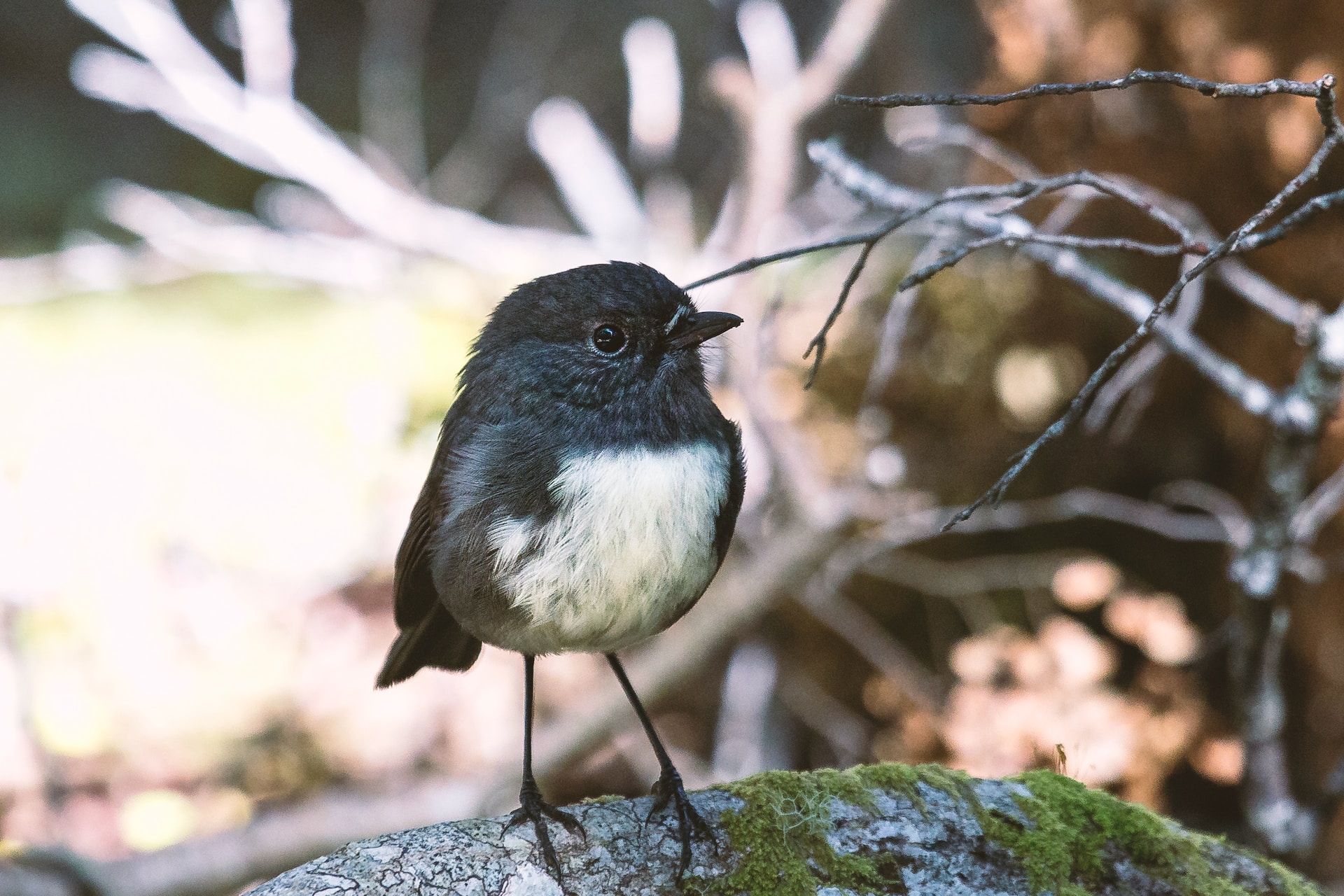Journal/
conference: New Zealand Journal of Zoology
conference: New Zealand Journal of Zoology
Research:Paper
Organisation/s:
Manaaki Whenua - Landcare Research, Lincoln University, University of Canterbury
Funder:
This work was financed by and carried out as part of a University of Canterbury Masters of Science thesis by the first author. Financial support was also provided by Roland Stead, and the Canterbury Branch of the New Zealand Federation of Graduate Women to Robyn White.



 New Zealand
New Zealand


